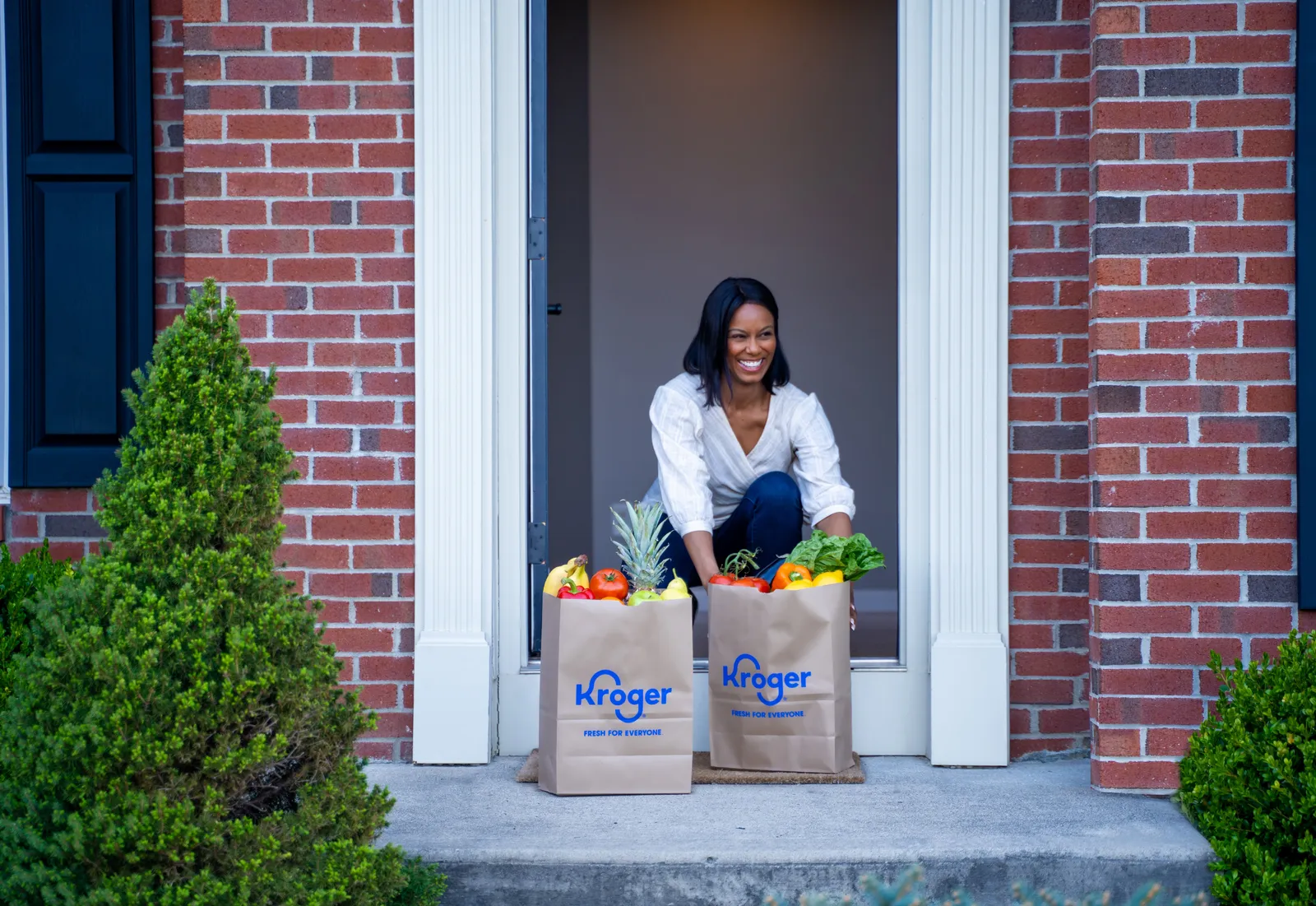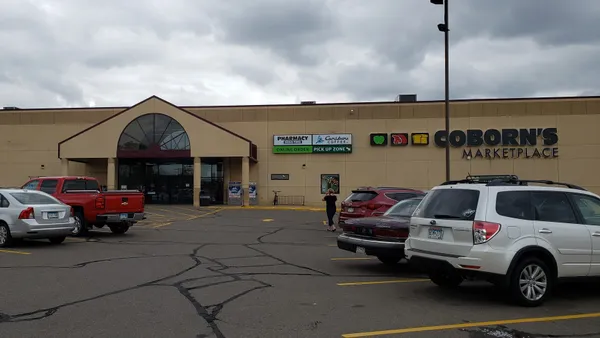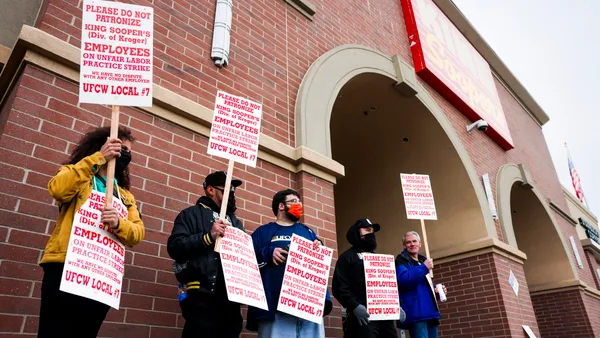The Federal Trade Commission did not hold back on Monday when, along with filing its federal lawsuit challenging Kroger’s proposed merger with Albertsons, it released a detailed statement outlining its concerns with the grocers’ megamerger.
The statement was “remarkably detailed about why they are challenging the decision,” David Marcotte, senior vice president of cross-industry/cross-border and technology for Kantar Consulting, said in an interview, noting that the agency doesn’t normally include this much detail.
Marcotte assumed the FTC would challenge the pending merger based on the agency’s history as well as the “parameter[s] of this deal,” and agreed with nearly all of the FTC’s reasoning, including its criticism of the C&S divestiture plan.
“I’ve dealt with C&S for a long time and I’m not quite sure why they agreed to do this unless they know they can make money,” Marcotte said. “It’s a very cautious company.”
While Kroger did examine elements of Albertsons’ divestiture agreement with Haggen, which led to Haggen going bankrupt and Albertsons re-purchasing many of the divested locations, the fate of that 2015 merger continues to hold precedent in the FTC’s challenge against the Kroger-Albertsons merger, analysts said.
“Unlike [Haggen], C&S Wholesale is well-capitalized and one of the largest private companies in the U.S. But like [Haggen], C&S lacks the retail expertise to operate a large-scale grocery operation in widely dispersed and unfamiliar markets,” Amanda Lai, director of food industry practice at MacMillanDoolittle, said via email. She also noted that while C&S has vowed to retain employee jobs and maintain union agreements, it has not stipulated how long it will uphold these promises.
During the year-plus-long review process, Kroger made numerous pledges to sweeten the proposed merger, including lowering prices, boosting its local assortment and expanding its digital farmers market pilot.

While a combined Kroger and Albertsons could provide the scale needed to reduce prices and compete better with non-union retailers, like Walmart and Amazon, the deal could also hurt regional and independent grocers that lack the same scale and resources, according to Lai.
“Whether the FTC views preserving competition at all levels within the grocery industry as integral or just ensuring that there is enough competition at the highest level to drive down consumer prices will be a major point for debate,” she said.
Bobby Gibbs, a partner in Oliver Wyman’s Retail & Consumer Goods team, noted that traditional grocers are under pressure from non-traditional retailers like Walmart and Amazon that have a “disproportionate share of alternative revenue from retail media networks and data monetization.”
“Those revenue sources are growing and at a higher margin rate. That gives them a competitive advantage as they can make less money in core merchandising,” Gibbs said.
Neil Saunders, managing director of GlobalData, however, believes that a combined Kroger and Albertsons wouldn’t pose as a major threat to competition in the food retail industry. Though he admits there are some local markets where competition would be impacted, he argues that scale is necessary to provide the low prices and investments that consumers demand.
But Marcotte pointed out that Walmart and Amazon “didn’t do mergers and acquisitions to get anywhere close to the size they are,” he said, noting that both retailers reached their sizes through organic growth.
“[S]aying that the U.S. needs a grocery company that’s as big as Amazon and as big as Walmart doesn’t really hold water,” he added.
Marcotte noted that the backing of nine attorneys general to the FTC’s lawsuit against the supermarkets’ proposed merger “changes the game.” The FTC only has so many people and is over-extended, Marcotte said, but with the attorneys general committing themselves to this lawsuit, that places a significant workforce in the FTC’s corner.













